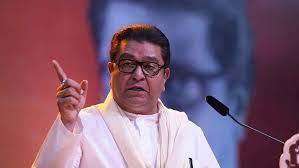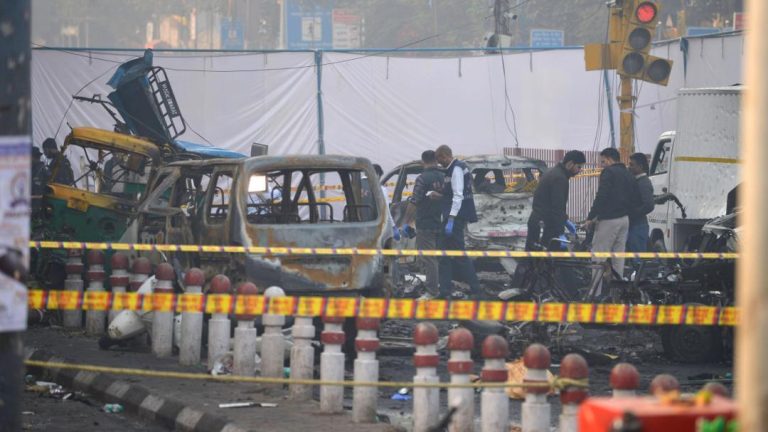
Only Marathi & English be taught in schools: Raj Thackeray to govt
Maharashtra Navnirman Sena (MNS) chief Raj Thackeray has recently written a letter to the state government, reiterating his demand that only two languages – Marathi and English – be taught from Class 1 onwards in state board schools. This is not the first time Thackeray has made this demand, and it is clear that he is determined to see it through.
The government had earlier declared that only these two languages would be taught in state board schools, but Thackeray is now demanding that a written order be issued to ensure that this decision is implemented. He has warned that if the government rolls back on this decision, the MNS will launch an agitation to force the government to comply with his demands.
Thackeray’s demand has sparked a heated debate in the state, with many people questioning the necessity of restricting the number of languages taught in schools. However, Thackeray’s supporters argue that this move is necessary to promote the use of Marathi, the official language of the state, and to reduce the dominance of English in education.
The MNS chief has long been a champion of the Marathi language and culture, and has frequently clashed with the government over issues related to language and identity. In 2018, he launched a agitation against the use of English as the medium of instruction in primary schools, which led to widespread protests and clashes between MNS supporters and police.
Thackeray’s latest demand is not just about the promotion of Marathi, but also about the perceived dominance of English in education. He has long argued that the increasing use of English as a medium of instruction is eroding the use of Marathi and other regional languages, and is leading to a loss of cultural identity.
The debate over the use of languages in education is not new in India. The country has a diverse linguistic landscape, with over 22 official languages recognized by the government. However, the dominance of English in education has led to concerns that regional languages are being marginalized and that students are not being adequately prepared for a multilingual society.
Thackeray’s demand has also sparked concerns about the impact on students who are not proficient in English. Many students from rural areas and lower socio-economic backgrounds may struggle to keep up with the demands of an English-medium education, and may be at a disadvantage compared to their more affluent peers.
However, some education experts argue that restricting the number of languages taught in schools could actually harm students in the long run. They point out that in a globalized world, proficiency in multiple languages is becoming increasingly important, and that restricting the number of languages taught in schools could limit students’ opportunities for future education and employment.
The government has not yet responded to Thackeray’s latest demand, but it is clear that the issue is not going away anytime soon. As the debate continues, it remains to be seen whether the government will issue a written order to implement Thackeray’s demands, or whether the MNS will launch an agitation to force the government’s hand.
Regardless of the outcome, it is clear that the issue of language and education is a complex and contentious one, and that there are no easy answers. As the debate continues, it is important to consider the perspectives of all stakeholders, including students, parents, teachers, and education experts.
In conclusion, Raj Thackeray’s demand that only Marathi and English be taught in schools is a complex issue that has sparked a heated debate in the state. While there are valid concerns on both sides, it is clear that the issue is not going away anytime soon. As the debate continues, it is important to consider the perspectives of all stakeholders and to work towards a solution that promotes the use of Marathi and other regional languages, while also preparing students for a multilingual society.
Source: https://x.com/RajThackeray/status/1930208483518857496






